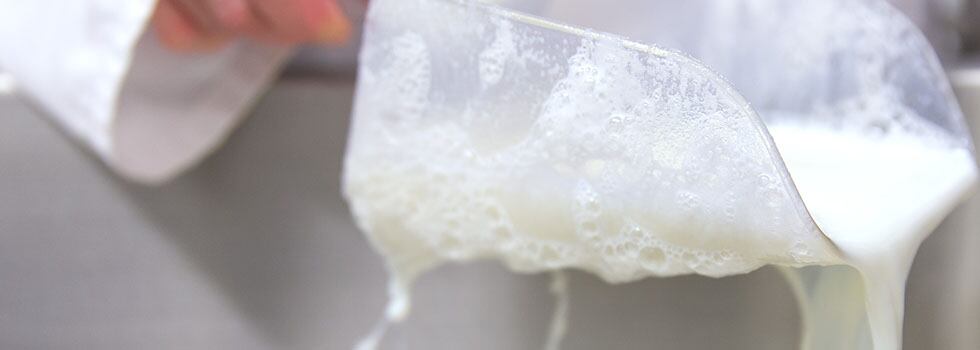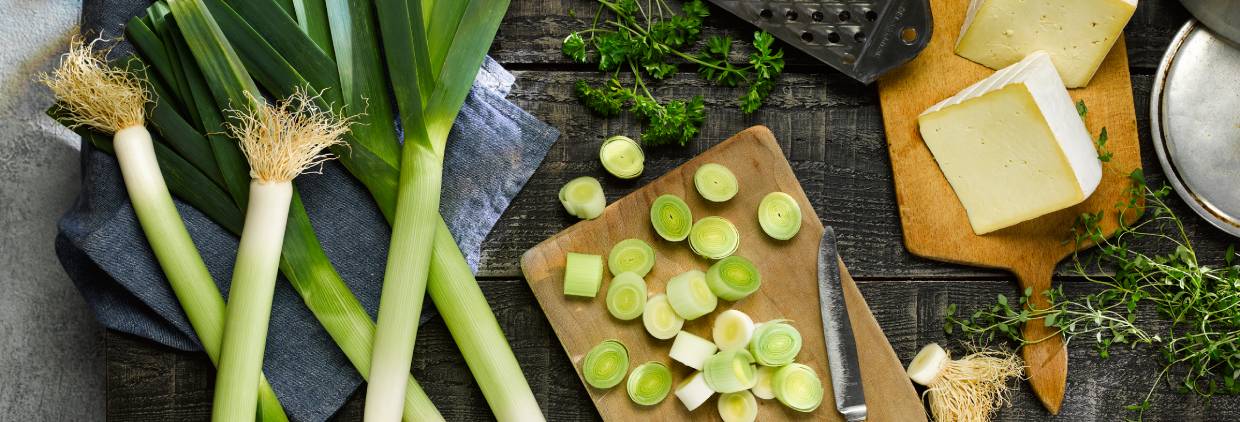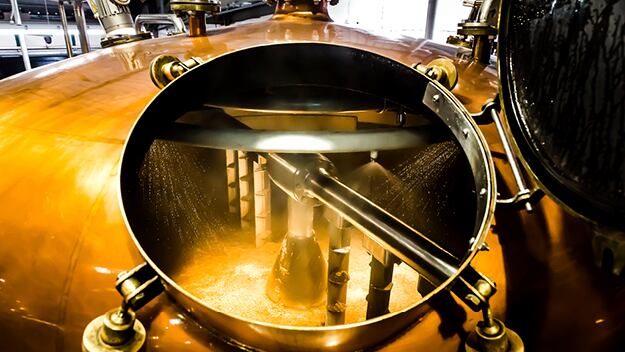The quality of Welsh raw materials, access and links to home and foreign markets, the strong supply chain and skilled workforce means that Wales continues to be an ideal place for food manufacturing businesses.
Wales has a long and proud agricultural heritage, and for over 4,000 years, farmers have been working the land, raising animals, and shaping the character of the environment in the process. It isn’t surprising, therefore, that food and drink production is today one of Wales’ primary industries. Riding the economic storms of the recession and now, Brexit, the food and drink industry in Wales across the whole supply chain has experienced 17% growth since 2014 alone.
The Welsh landscape and climate are good for agricultural production, giving rise to an abundance of quality raw material; but there’s more to it than just that. Those investing in Wales can now benefit from being part of one of the Welsh Government’s ‘key priority sectors’ which brings with it unparalleled access to financial, technical and market support. Investors are also attracted to Wales because of its reputation as a test bed for the development of new ideas, supported by Wales’s willing and skilled workforce, as well as a strong network of higher and further education colleges. These qualities are as much a key to success as are the green hills and rainfall.
Wales also offers international food and drink companies great access to UK, European and Gglobal markets; in fact, Welsh food and drink exports have increased by a massive 132% since 1999.
An abundance of raw materials
There can be little doubt that a major attraction of Wales as a location is the quality and quantity of raw materials which are so readily available. The high standard and provenance of Welsh meat and dairy are known throughout the world. Welsh livestock are raised in the natural, grass-based production systems.
The meat and meat products sub-sector is one of the big successes, boasting primary production of a staggering 9.5 million sheep, 1.1 million cattle, 25,300 pigs and 4.5millionchickens. Nearly 300,000 dairy cattle produces1,801 million litres of milk per year, and a growing number of the 1.6 million chickens used for egg laying,are now free range (80%).
But there is more to Wales than meat and dairy. Wales has 17 vineyards, 11 distilleries, 86 breweries,and 10 Welsh bottled water producers. It has 87,500 hectares of land for arable crops, whilst a further 1,599 hectares of land is taken up with the production of fruit, vegetables and plants.
Volac, which manufactures a range of high quality, nutritionally rich dairy nutrition products for the world’s human and animal nutrition markets, is one such firm that was attracted to Wales. With bases in Felinfach, west Wales, and another in Port Talbot, Andy Richardson of Volac, explained: “Volac relies on its suppliers for a reliable source of good quality whey and on local expertise in dairy processing. Wales has delivered on these important aspects”.
Mr Richardson, who also has a strategic role in Welsh industry as Chair of the Government’s Food & Drink Wales Industry Board, credits the Welsh Government support in making a significant contribution to Volac’s success in Wales: “Quite clearly, the Welsh Government has a real can-do attitude when it comes to our industry: they have set ambitious targets for growth, and are backing those ambitions with financial support for companies looking to invest, as well as technical and product development support. Inward investors can feel confident that when they choose Wales, they are choosing a place where they can do business and they can succeed.”
Glanbia Cheese is the leading mozzarella manufacturer in Europe, and their decision to locate a facility in Wales was directly related to the availability and quality of raw materials. Their Welsh site is in Llangefni on the Isle of Angelsey in north Wales, and the company says it strategically locates its factories “iIn the heartlands of some of the best milk producing areas in the U.K. Our milk is sourced from local farmers who are committed to the highest standards of animal health and welfare thus ensuring that they produce the highest quality milk possible, tailored to meet our specific compositional and quality standards” The local skilled workforce is also an attraction for companies like Glanbia Cheese, with nearby college – Coleg Menai - Grŵp Llandrillo Menai, working closely with food and drink businesses in order to improve the staff skills needed for the industry.
Wales – on the doorstep to the World
It isn’t just about the raw materials, important though these are. There’s a reason why some of the biggest names in food are based in Wales, from Kellogg’s, Cadbury’s, Burtons and Unilever:aAccess to markets.
Wales has enduring links across the world, and is strengthening its ties with major markets such as China, India and the Middle East. Excellent transport links by road, rail, sea and air,allow easy access to key markets throughout Britain and Europe and further afield. These strong links to markets meansthat Wales offers producers a strong platform to the UK and beyond.
One such example is Calbee Inc, a global Japanese company manufacturing savoury snacks. Calbee mainly supplies the North American and Far East markets, whilst also seeing growth intheitsUKmarketfor vegetable based snacks. The company, which has a reported turnover of £1.2 billion per annum, opened its manufacturing facility in Deeside, North Wales, with the help of the Welsh Government, in 2015, which now becomes the company’s European centre of excellence of manufacturing.
Richard Robinson, Managing Director at Calbee, explained: “Deeside was the perfect location for us. We received an immense amount of support from the Welsh Government, first of all in trying to attract Calbee to invest and come to Wales. They helped us to find a shortlist of properties, they helped us with the contractual negotiations with our landlords, they helped us understand and work with the local college with regards to training and development and they helped us financially with the investment.”
Calbee invested £6.5 million into the Deeside facility with the help of the Welsh Government and Managing Director, Richard Robinson, now believes that the strategic importance of theirWales base will help the companythem to meet itstheir ambitious growth plans.
Wales – local support for global companies
Calbee Inc is rightly fulsome in its praise of the local college, and the company, like many others, is benefitting from being able to readily access good quality skills training for its employees. Universities in Wales are also playing their part in the industry’s success by helping food producers take advantage of the rewards of successful research and development (R&D), especially in the development of new food products. The Welsh Government is particularly proud of the way that it supports food businesses to exploit R&D to help them open up new markets, boost sales and increase profitability. Funding is available to take businesses through every phase of R&D from initial feasibility to market exploitation, including experimental development.
Wales is a great example of where the public and private sectors, industry and government, colleges and universities, leaders and employees, can all work together towards an ambitious growth plan, with a shared desire for improvement, innovation and new markets.
Rapid access to key markets, financial and technical support, good quality raw materials and a skilled workforce are at the heart of what Wales has to offer the global food and drinks industry. That’s why international companies such as Pinnacle Foods, AB Inbev and Calbee have chosen to locate in Wales. Wales has bucked the trend and can boast impressive growth in its food and drinks industry, and it has all the essential ingredients to continue to thrive, innovate, launch new products and reach new markets.





